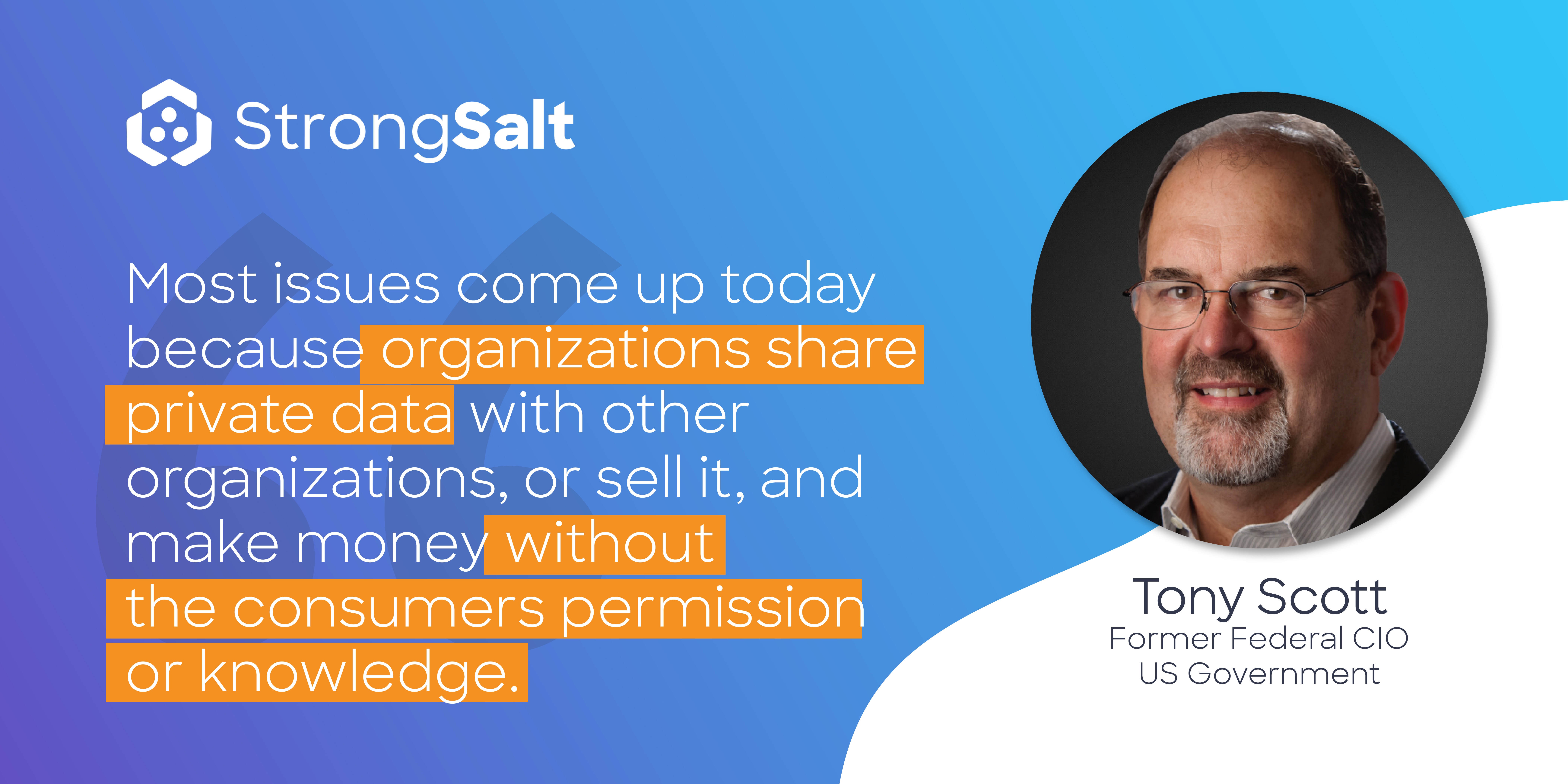
In the past 6 months alone, we have all seen the headlines that give a small glimpse into the magnitude of mounting digital privacy concerns and events affecting consumer-business relationships worldwide:
May 24, 2019: 885 Million sensitive financial records exposed online by real estate and title insurance giant, First American.
June 3, 2019: Quest Diagnostics says 11.9 million patients’ financial and medical information may have been exposed in data breach.
August 5, 2019: Online marketplace, Poshmark, says hacker gained access to the names, usernames, genders, city data, email addresses, size preferences and scrambled passwords of its users. Poshmark has over 50 million users but has not confirmed how many were affected by the breach.
Or, as Emily Dreyfuss for Wired magazine so eloquently writes in her review of Netflix’s new documentary, “The Great Hack:”
“If you’d rather not think about how your life is locked in a dystopian web of your own data, don’t watch the new Netflix documentary “The Great Hack.”
But if you want to see, really see the way data tracking, harvesting, and targeting takes the strands of information we generate and ties them around us until we are smothered by governments and companies, then don’t miss the film.”
While we as humans have always valued our right to personal privacy in the physical world, the truth is, until now, we could not clearly see how our privacy would be treated, respected, and compromised in the interconnected digital world that we have become so accustomed to “living” in today.
Turning Personal Data into Profits
While privacy is a wide spectrum for discussion, when it comes specifically to the business-consumer relationship, most of the issues that come up today are because so many organizations are sharing, or selling, private data with other organizations, and profiting without the consumers’ permission or knowledge.
In simple terms, the twenty-first-century economy is fueled by personal data. Highlighted by the fact that the “big data” industry (products and services) is predicted to reach close to $50 billion in revenue this year alone.
“Today, at scale this has become a big problem,” said Tony Scott, former Federal CIO for the Obama Administration. “When consumers get advertising they don’t want, when they find out that their activities have been tracked, and when they have found out that their personal information has been shared or sold to other companies in ways that are adverse to their interests.”
Both businesses and individuals are struggling with finding answers on how to gain control of the issue — from both sides.
On the consumer-advocacy side, lobbying has picked up the pace for increased privacy regulation. Examples include the GDPR in Europe and the California Consumer Privacy Law with other federal and state laws having come into effect recently or on the horizon.
But enforcement, penalties, and consumer protection policies are still in their infancy and a giant patchwork of regulation that it’s hard for both businesses and consumers to follow what action needs to be taken on both sides.
Legacy Systems: The Achilles’ Heel of Privacy Transformation
For many businesses — who have been in existence since long before the concept of “big data” was on any fiscal year roadmap — most of their digital systems that are used right now to convey all of this information, weren’t designed at a time when privacy concerns or regulations were in existence.
Therefore retrofitting privacy controls and cyber security controls on older technology has been a daunting, if not impossible task.
“Where StrongSalt is helping to solve a piece of this problem is the fact that their technology has user control,” continues Mr. Scott. “Consumers don’t have to let data off their hands unless they actually want to…unless they make an active decision to do so.”
And that’s essentially what the intent is behind the current regulations and rules surrounding privacy. However, those regulations are being written and implemented in a thousand different ways, making it a nightmare for consumers to a) understand what is happening and b) know everything that they need to do to get control of their personal data because it could be very different from one state, from one company, from one country to the next.
That’s where privacy-first technology like StrongSalt comes into play: one platform for both businesses — via a privacy as a service API — and consumers using free StongVault mobile app (Apple & Google Play) for private file and message sharing. Both can exchange private data all in one place without worry of private data getting traded, bought, or stolen.
StrongSalt Articles You Might Like
Digital Privacy: A Right or a Privilege? Global Consumer Views on Privacy